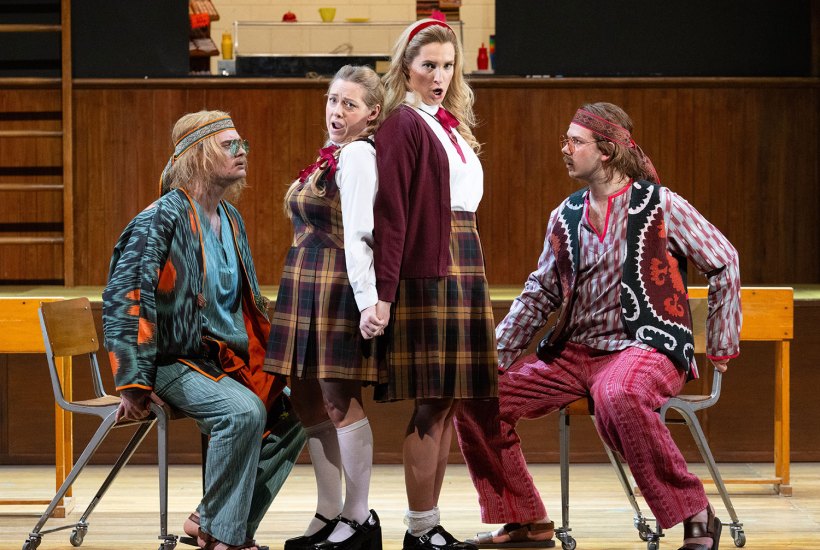Mozart’s Cosi fan tutte hasn’t always been taken seriously. In fact for much of the 19th century it wasn’t even reckoned to be very good (Donald Tovey described its characters as ‘humanly speaking, rubbish’). For the modern director, there are several potential approaches. One – the hardest – is to try and evoke in the audience an approximation of a late-18th-century mindset.
Already a subscriber? Log in
Subscribe for just $2 a week
Try a month of The Spectator Australia absolutely free and without commitment. Not only that but – if you choose to continue – you’ll pay just $2 a week for your first year.
- Unlimited access to spectator.com.au and app
- The weekly edition on the Spectator Australia app
- Spectator podcasts and newsletters
- Full access to spectator.co.uk
Or
Unlock this article
You might disagree with half of it, but you’ll enjoy reading all of it. Try your first month for free, then just $2 a week for the remainder of your first year.








Comments
Don't miss out
Join the conversation with other Spectator Australia readers. Subscribe to leave a comment.
SUBSCRIBEAlready a subscriber? Log in